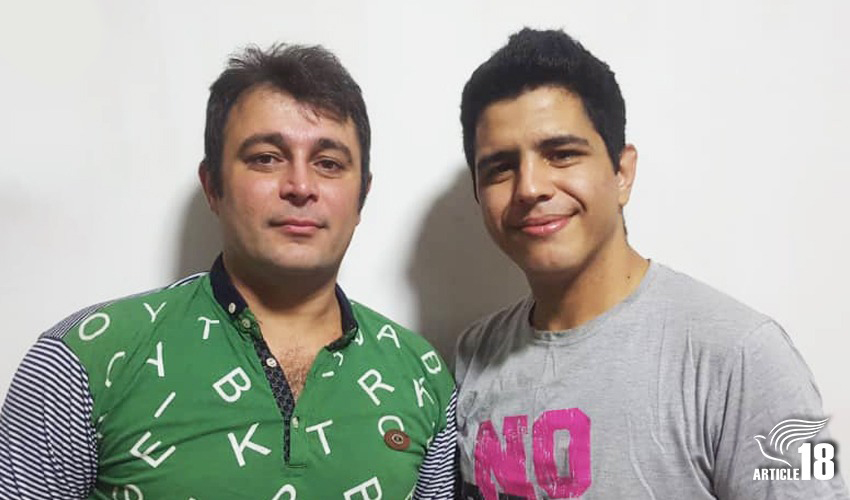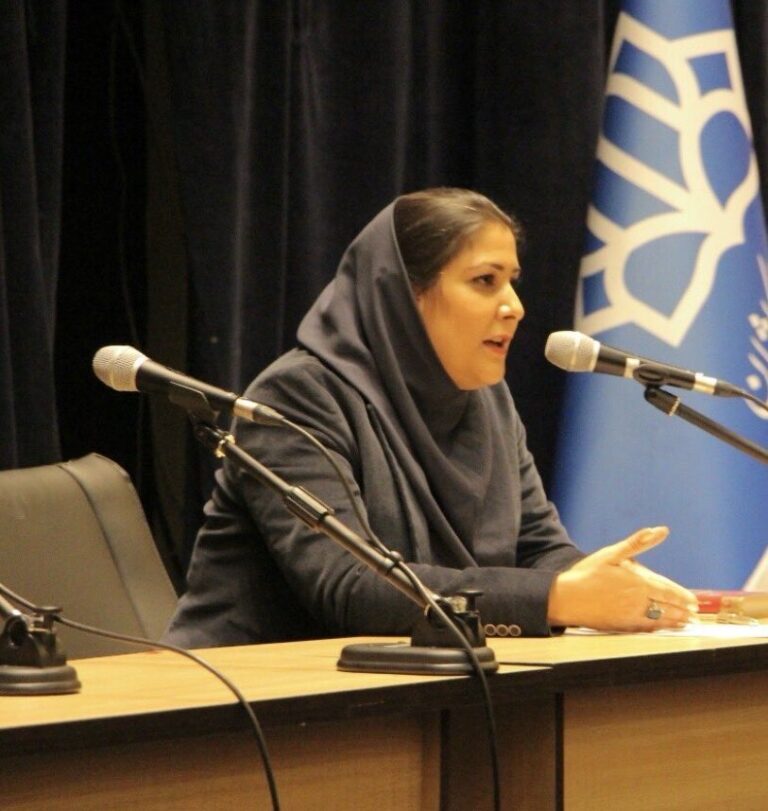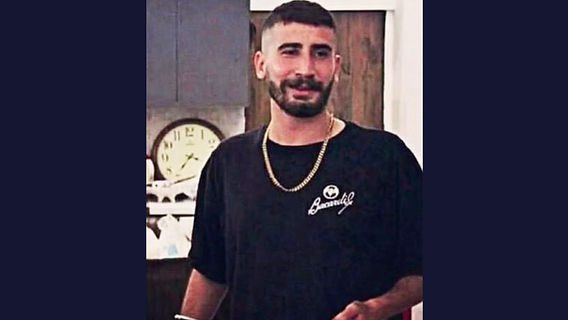
There are concerns over the wellbeing of a convert, whose whereabouts remain unknown more than three weeks after his arrest during a raid on a house-church service in Rasht, northern Iran.
Ayoob Poor-Rezazadeh, 28, was one of three converts arrested on the evening of Sunday 5 September, alongside Ahmad Sarparast, 25, who was also at the meeting, and Morteza Mashoodkari, 38, who was arrested at his home.
All three were initially taken to a detention centre belonging to Iran’s Revolutionary Guard Corps (IRGC), and placed in solitary confinement.
But while Ahmad and Morteza were transferred to Lakan Prison on 18 September, then four days later released on bail, Ayoob’s family have not heard from him since one short telephone call from the IRGC detention centre on 8 September.
When they voiced their concerns to the local prosecutor’s office, Ayoob’s family were told he would also be transferred to Lakan Prison, but they have not heard from him in the 20 days since, while Ahmad and Morteza say they haven’t seen their friend since the day of their arrest.
The families of the three men have also been threatened by IRGC intelligence agents for publicising information about the arrests of their loved ones, while at least one family member and several other house-church members have been summoned for questioning.

Official charges have not yet been brought against Ahmad, Morteza and Ayoob, but during interrogations they were accused of “acting against national security”, while their interrogators repeatedly referred to the recently amended Articles 499 and 500 of the Islamic Penal Code, relating respectively to membership or organisation of “anti-state” groups, and “propaganda” against the regime.
Earlier this year, three converts from Karaj were sentenced to five years each in prison under the new amendments (later reduced to three years on appeal).
To secure their temporary release, Ahmad and Morteza were forced to deposit bail of 400 million tomans (around $15,000) each.
They were also reportedly treated very harshly by their interrogators, who ridiculed them for their beliefs and forced them to listen to broadcasts of Quranic verses for at least three hours every day.
Meanwhile, when their families first went to the prosecutor’s office to ask when their loved ones would be released, they were reportedly told they would remain in detention indefinitely as they did not deserve their freedom.
The small community of converts in Rasht has been affected perhaps more than any other in Iran in recent years, with 11 currently serving long prison sentences, another living in internal exile, and a further four facing a combined 13 years in prison.



0 Comments
Trackbacks/Pingbacks